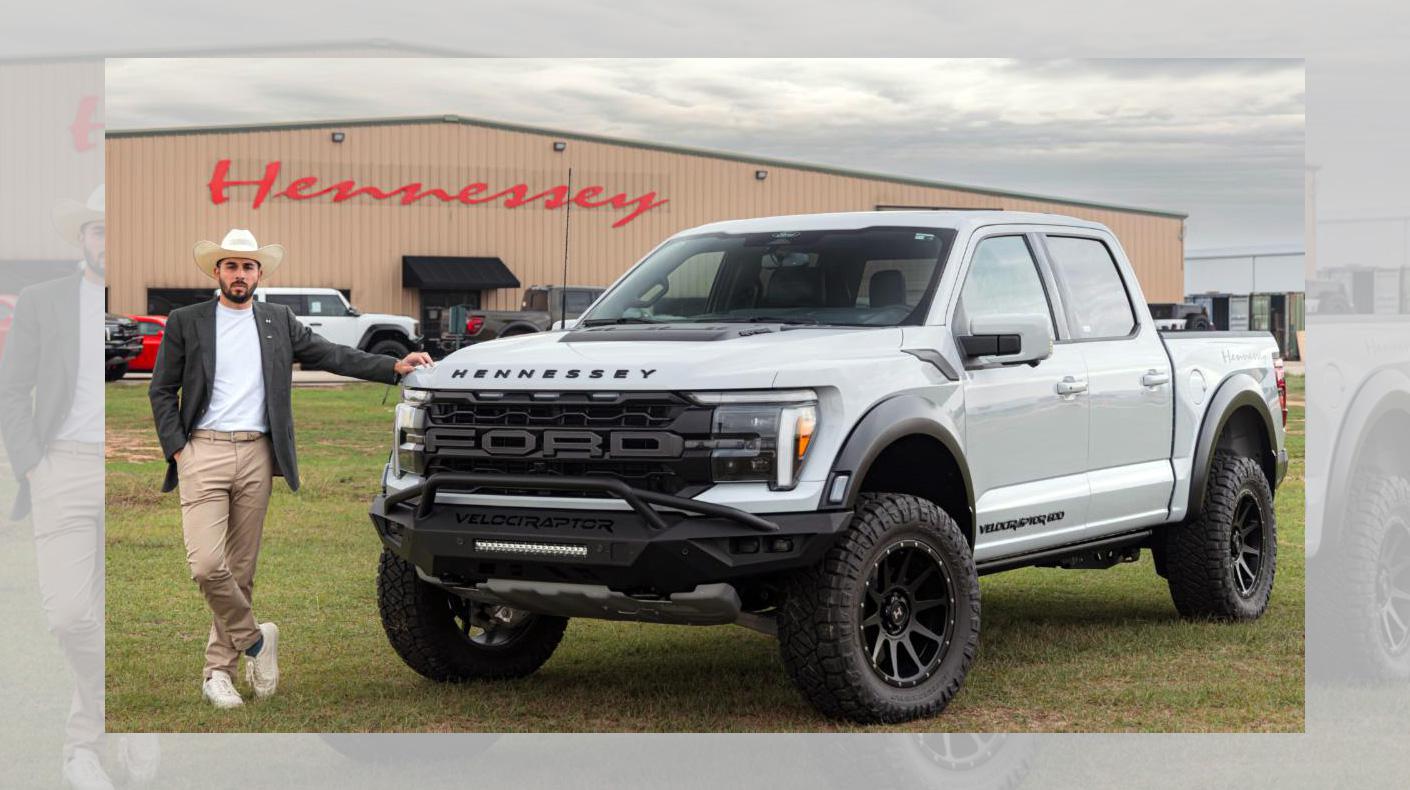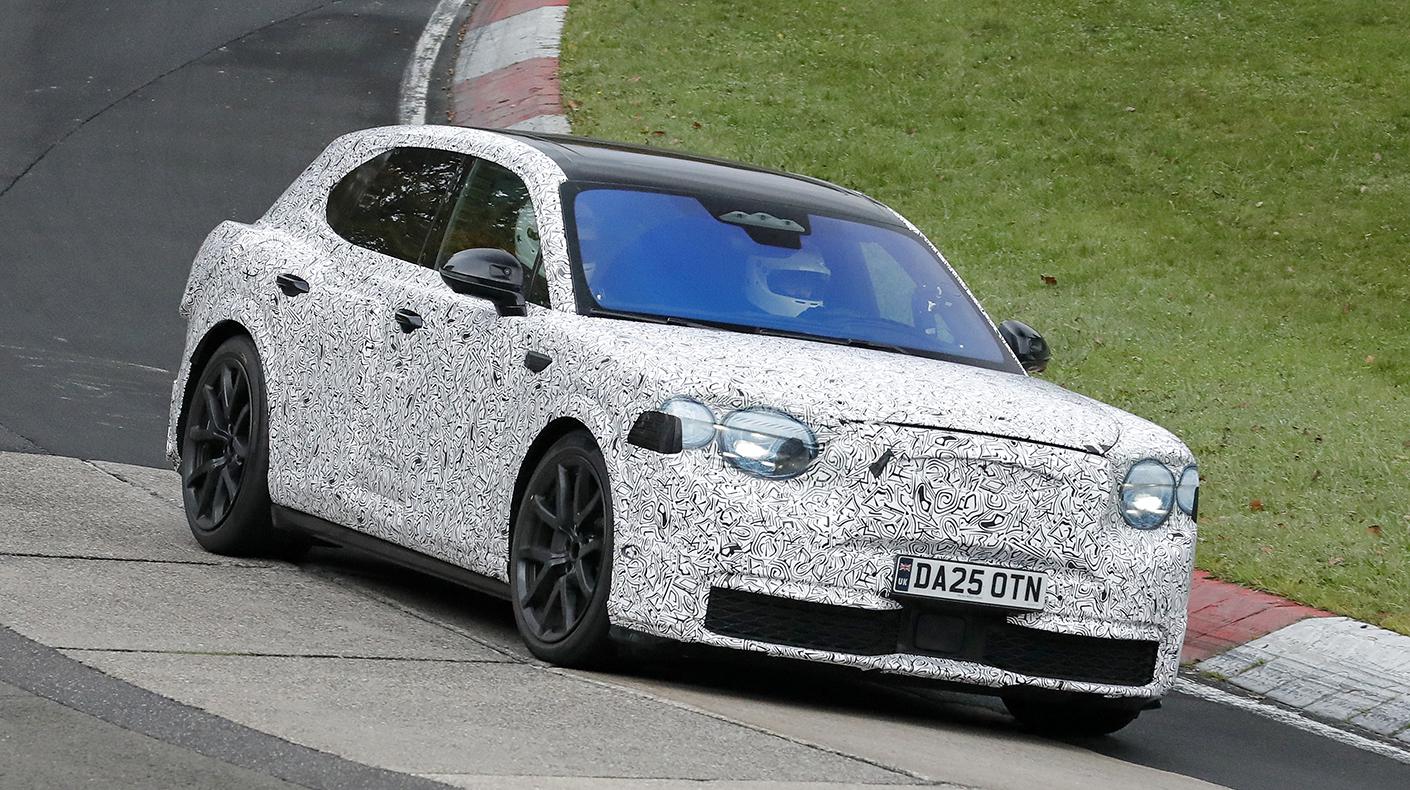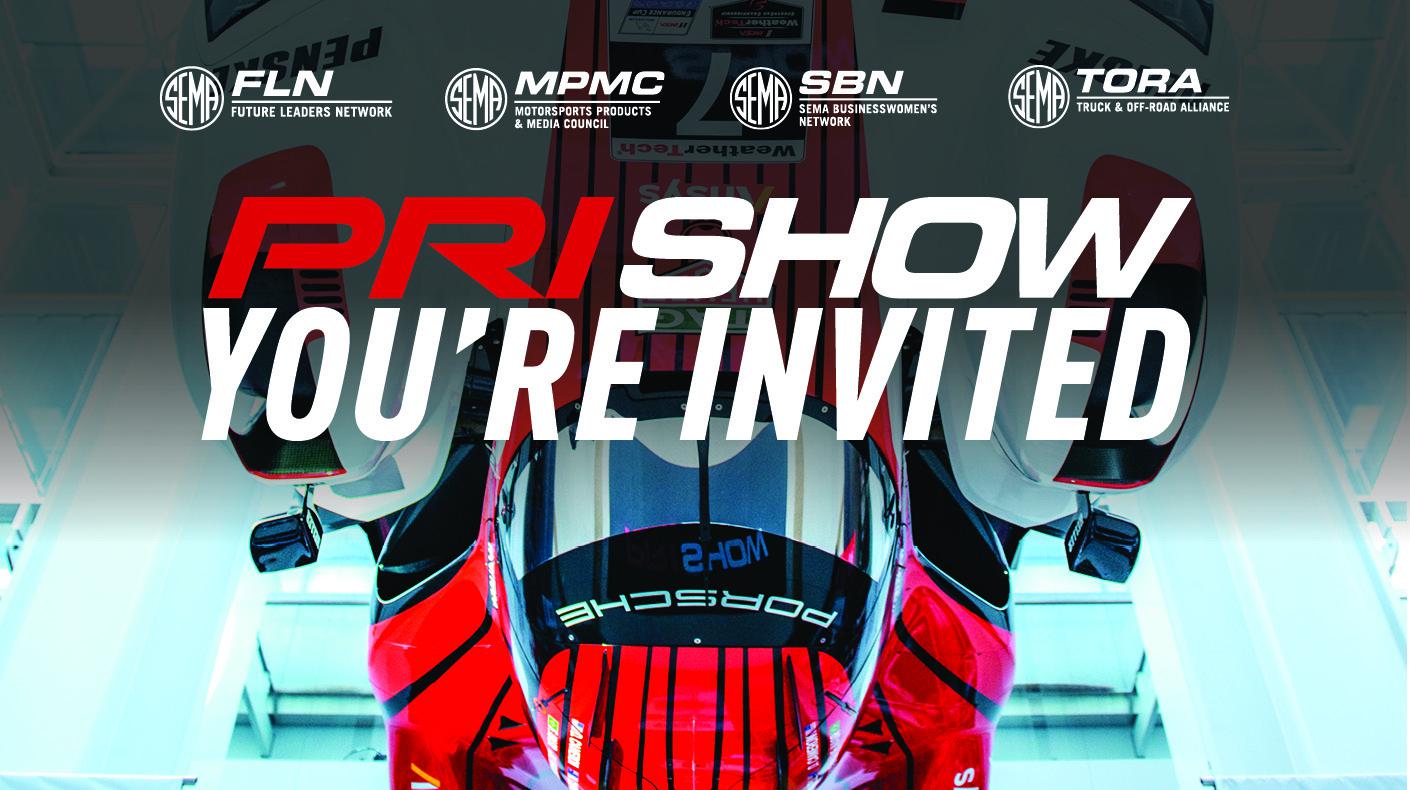By Mike Imlay
The automotive industry—and consequently the aftermarket—has entered a period of unprecedented change. Emerging technologies; new ways of doing business; and market, social and governmental forces are creating a barrage of opportunities and challenges for our industry. As a trade organization, SEMA is committed to helping members navigate industry trends so they can future-proof their businesses, succeed and prosper.

What trends, challenges and opportunities lie ahead for the aftermarket in 2023 and beyond? SEMA News turned to council and network leaders representing our major industry sectors for answers. Shutterstock.com
SEMA councils and networks play a vital role in this mission. They offer members a variety of niche-specific programs and activities designed to provide educational and networking opportunities while promoting their particular market segment. They also serve as “think-tanks” to help identify segment needs and priorities.
This article is the second in a two-part series in which SEMA News queried the leaders of each SEMA council and network for a SWOT analysis of their industry segments. We also asked about council and network initiatives targeting their industry segments. (The first part appeared in our December 2022 issue.) What follows are insights into the hot-rod, performance motorsports and truck and off-roading categories, as well as trends relating to emerging technologies. The statements below are edited for clarity and conciseness.
 Emergent Tech and Product-Development Trends
Emergent Tech and Product-Development Trends
Kelleigh Ash
Select Committee Member,
Emerging Trends & Technologies Network (ETTN)
Our industry has experienced rapid innovation and development over the past year. Going into 2023 those trends will only continue their increase in velocity. We’ve witnessed unprecedented advances in such key areas as autonomous driving; electric and hybrid vehicles; artificial intelligence; revolutionary and improved biofuels; new and advanced safety features; the most efficient and powerful internal combustion engines (ICEs) ever produced; an increase in availability and choices for sustainable materials; and more.
The aftermarket has the unique distinction of being the ground floor for these exciting new and emerging technology opportunities—and the challenge of keeping up with it all while navigating the ever-evolving regulations that accompany them. ETTN is here to serve our industry’s engineering and product-development professionals by providing resources and solutions to address these emerging vehicle trends and technologies.
One of our larger initiatives—the ETTN Networking, Education, Resources and Development (N.E.R.D.) Symposium—was launched in 2022. The symposium is designed to benefit small, medium and large SEMA-member companies by connecting their engineers with service providers in one-to-one meetings—allowing them to attend in-depth education sessions led by industry experts, providing networking opportunities with other engineers with similar needs, and addressing shared topics of challenge and concern. Make sure to watch for the 2023 N.E.R.D. Symposium!
 Trends in the Hot-Rod Market
Trends in the Hot-Rod Market
Amy Fitzgerald
Select Committee Member,
Hot Rod Industry Alliance (HRIA)
Hot rods continue to be staples of the aftermarket industry. The most positive market trend that we have seen is more vehicles on the road. Enthusiasts are participating in more cruises and driving to events, as opposed to simply hauling trailer queens. This has meant a positive influx in the need for restoration parts and upgrade components. A drivable vehicle is a much different beast than the trailer queen.
As for current challenges, like the rest of the segments in the automotive industry, our member companies are struggling with raw-material availability, shipping delays, and employee-retention issues—not to mention finding employees, period.
The hot-rod segment is always evolving. As a younger generation becomes more involved in the industry, we are finding they are modifying and “hot rodding” a totally different kind of vehicle than what we were 20–30, or even 5–10, years ago. The availability of modern upgrades and components has changed the definition of “hot rod” to encompass a much wider range of vehicle years and styles.
We are hoping to present some education events in which members can learn from industry peers about what has and hasn’t worked in their businesses. We are asking membership to let us know what they want to discuss and learn about. This will allow the HRIA select committee to address the issues, questions and problems the membership is seeking guidance on.
“We are Hot Rod!” HRIA is an incredible group of small businesses with the same goal. We all want to keep pushing the limits to go faster, look cooler and produce amazing parts and products to keep the aftermarket going and see our hobby continue for generations to come.
HRIA is dedicated to assisting our membership with resources for daily operations as well as long-term planning and everything in between. HRIA is a community that works together to help each other grow each of our businesses. We are each other’s best resource for business success.
 Motorsports and Performance Parts Trends
Motorsports and Performance Parts Trends
Melissa Scoles
Chair, Motorsports Parts Manufacturers Council (MPMC)
Racing is being enjoyed by more and more individuals, and it’s fun to see younger generations becoming more engaged. With many people renewing their focus on hobbies, and more automotive conversations due to the electric-vehicle (EV) evolution, there seems to be a renewed energy around motorsports. We’re hopeful that these positive activities and reactions will overcome any setbacks from the economy.
Passing the RPM Act would increase our segment’s opportunities. The EPA is taking a stance against many in the motorsports industry, and it’s important that we stand together to keep our industry strong.
A plethora of changes in vehicle technologies is creating opportunities for new and existing motorsports manufacturers to create new products and solutions for racers and enthusiasts. For example, EVs have a lot of performance potential. We can see a future where the hot rodders and racers of tomorrow are upgrading their EVs with more power and larger battery packs to make their economy cars fast—just like past generations did with motor swaps and power adders! The new technology will be a challenge, but that’s part of the excitement of pushing forward.
MPMC is best known for the Media Trade Conference held each year in January. This conference provides the opportunity for motorsports parts manufacturers to meet individually with different media partners to discuss a variety of topics, including the changing motorsports and aftermarket environments, new-vehicle technologies, challenges and more. Additionally, we provide several learning opportunities throughout the year dedicated to helping motorsports parts manufacturers. We’re also working to create more meaningful networking opportunities so that, as manufacturers, we can work with and learn from each other in our evolving markets.
Our segment of the automotive aftermarket is full of innovative and passionate people and companies. They are fantastic problem-solvers. These are the companies and people who can be ideal partners for products from design to release, and any step in between, if you’re looking for partners.
SEMA is a very powerful association that has thousands of members with countless ideas of where to focus the association’s attention. The MPMC is a voice to ensure that your best interests are represented to SEMA leadership. The MPMC is led by industry professionals who are continually donating their time and efforts to deliver information, events and opportunities that benefit you and your business. We welcome you to visit www.sema.org/mpmc for more information, to join MPMC or to contact us directly.
 Truck and Off-Roading Issues and Trends
Truck and Off-Roading Issues and Trends
Troy Wirtz
Chair, Truck & Off-Road Alliance (TORA)
The Truck & Off-Road Alliance’s mission statement is “to serve, engage and unite the truck and off-road community through networking, education and outreach initiatives to provide value and help our members succeed.” The TORA select committee meets on a regular basis, and we are always working toward adding value to our members. We are an excellent voice within the SEMA association for sharing issues you may have in your business. Our goal is to help industry folks thrive in the ever-challenging
marketplace.
The off-road community is currently facing—and will continue to face—challenges focused on regulatory issues. There are groups that want to close trails, as they perceive damage is taking place by off-roaders. Land abuse from vehicles and trash are the main concerns. TORA realizes that keeping our trails open is a top priority as this impacts so many people throughout the industry. We are partnering with organizations like the Off Road Business Association (ORBA) and Tread Lightly! to unify our approach promoting healthy land-use awareness. Many people are unaware of the efforts SEMA and its councils put forth promoting and supporting our industry. SEMA has staff at our nation’s capital focusing year-round on our industry needs.
The TORA council generally holds six regional events per year as a “thank you” to our members. These events are held in conjunction with other industry and enthusiast events. In the past we have held these at King of the Hammers, Easter Jeep Safari and the Keystone Big Show. If you haven’t attended one yet, you really need to! It’s a great place to network with other people in the industry and discuss what is new and exciting.
Every year at the SEMA Show, TORA also holds a happy hour and reception. We also place six to 10 featured vehicles to represent the various parts of our off-road and truck segment. I would encourage members to submit their builds early for 2023 since it is becoming more and more competitive to get your ride featured.
If you’re not a TORA member yet, I would strongly suggest you sign up soon to get the latest notifications and stay up-to-date in our industry.
Editor’s Note: The viewpoints expressed in this article are those of our council and network sources and do not necessarily reflect the official positions of SEMA or its Board of Directors.





